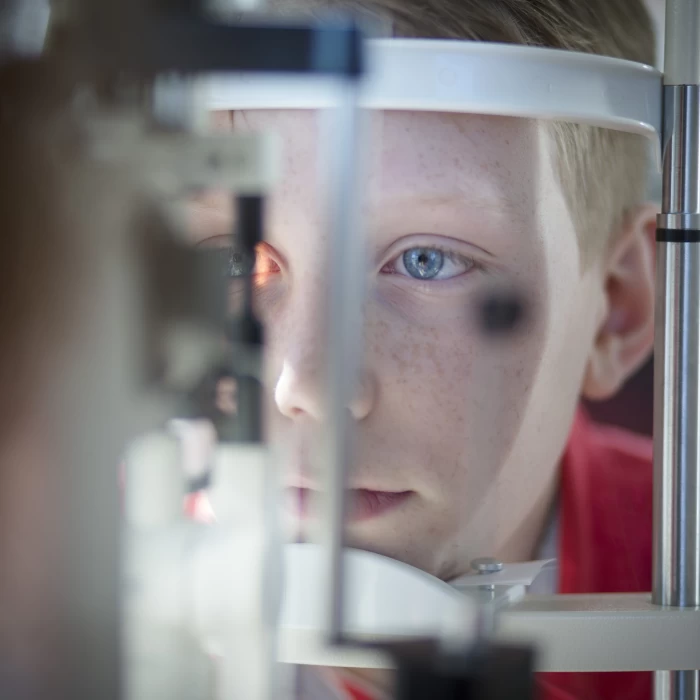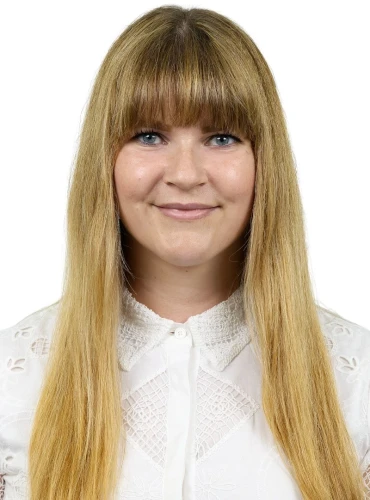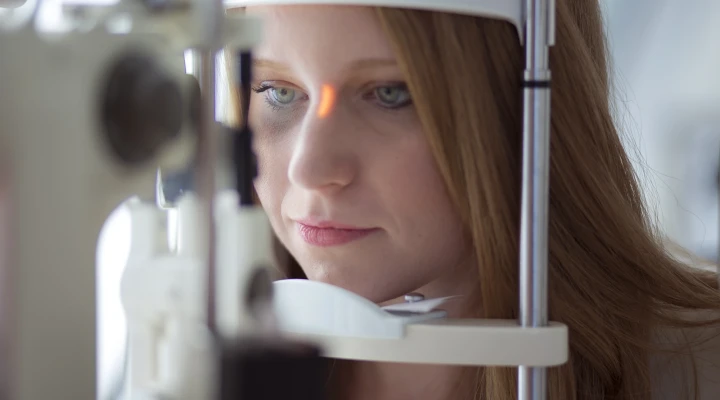In what cases should you turn to an ophthalmologist?
- Inflammatory diseases of the eyelid (stye, allergic inflammation)
- Dry eye, infections of various origins (conjunctivitis, iritis, etc.)
- Cataracts, glaucoma, pterygium
- Age-related macular degeneration - AMD
- Problems connected with visual acuity
- Strabismus
- Prevention
Tests available at our clinic:
- Visual acuity exam (near, monitor-distance, and distance visual acuity)
- Computerized visual acuity determination
- Subjective visual acuity determination
- Measurement/determination of the diopter of any existing eyeglasses or contact lenses
- Stereo test (two-eyed vision test, amblyopia, astigmatism, that is, strabismus screening)
- Tear film exam (tear production, checking tear film breakup time, etc.)
- Fundus oculi exam (biomicroscopic exam of the vitreous, retinal and optic nerve)
- Contact lens check (measurement of existing contact lenses, ruling out complications)
- Color vision exam
- Tear duct flushing
Exam of the frontmost channels of the eye using a triple mirror RMC Ophthalmologic screening program: Our Ophthalmologist examines eye problems and history. The exam continues with a precise determination of visual acuity, which takes place with computerized determination of refraction followed by subjective tests. In addition to determining distance and near visual acuity, we also pay attention to determining the necessary correction for "monitor-distance”. Following this, the eye surface and the retina are examined.
Our related doctors
Any questions before booking an appointment?
If you are unsure which doctor to see or what examination you require, we are here to help!
Simply request a free callback from one of our colleagues, who will help you find the right specialist based on your specific issue.







Reviews